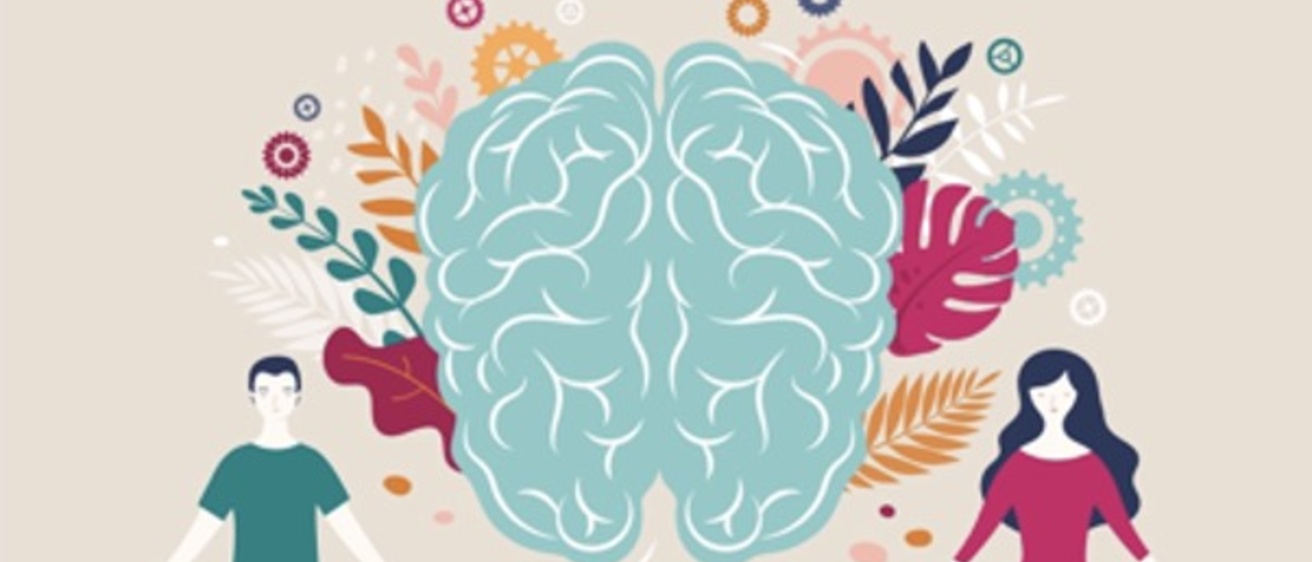Is your mind full or are you Mindful?
In our societal world we often forget to take care of ourselves and our well-being, especially since much of our time is now consumed by being online and looking at the screen. Mindfulness is to pay full attention to the present moment, to yourself and your surroundings. This new way of connection and screen time has a great impact in our cognitive functioning, physical and emotional well-being. That is why mindful exercises and sources have become beneficial in our well-being. It is our basic human ability to be fully present and now overwhelmed by what is around us. When we do not practice mindfulness, we miss out in improving our physical, emotional, and mental well-being. We miss out in achieving focus within our environment but most of all we miss out on ourselves. Becoming present in our life can help to make better decisions and fully engage in life.
What are some possible effects of not practicing mindfulness?
There are “possible effects of media on the human brain, cognition, and behavior. This is of importance due to the significant amount of time that individuals spend using digital media” (Korte 2020). Because it consumes so much of our concentration, we tend to lose focus and become more stressed, depressed, fatigued and quality of life that strains our happiness (Oakman et al. 2020). This overall affects our attention span, concentration, and the capacity of working memory.
What are the benefits?
Practicing mindfulness can improve sleep, increase our attention to our well-being and our ability to regulate our emotions. Mindfulness has shown to reduce stress, anxiety, negative emotions, depression and high blood pressure. It can help increase productivity and enhance performance. It can help you experience thoughts and emotions with greater balance, acceptance, and decrease job burnout. When you are mindful, you are aware through observing your own mind and you recognize your own existence.
The mindfulness of meditation and awareness on physical health and psychological health has demonstrated to be part of the chances in brain activity. Practicing mindfulness during virtual connections has resulted in significant reduction in depression and anxiety symptoms. Mindfulness interventions are shown to be effective in targeting common mental health issues (El Mor et al. 2020).
Three Characteristics of Mindfulness
- Intention to cultivate awareness. Find your intention, think about one of these questions: What are you doing right now? What are you thinking about right now? How are you feeling right now?
- Attention to what is occurring in the present moment. Once you have your intention set you can focus on your attention. You can then bring your attention to your body, breath, and senses.
- Attitude that is non-judgmental, curious, and kind. Sometimes we get lost, and we lose our focus on what is important and what is right in front of us. We get distracted and we lose out on our experiences. Once you wake up and realize that you are present, you can choose how you want to respond.
- You can either self-criticize yourself or be non-judgmental and instead you can cultivate your attitude with: Self-love, Self-kindness, value, patience, understanding, self-worth.
When you can connect with your intention and attention to allow the present moment to come in again, this is self-kindness. It is not always easy because we get distracted by our thoughts and feelings and pull our attention away. But with practice and patience, it allows our skills to become effortless.
References:
Korte M. (2020). The impact of the digital revolution on human brain and behavior: where do we stand? Dialogues in clinical neuroscience, 22(2), 101–111. https://doi.org/10.31887/DCNS.2020.22.2/mkorte
Morr, C., Ritvo, P., Ahmad, F., Moineddin, R., & MVC Team (2020). Effectiveness of an 8-Week Web-Based Mindfulness Virtual Community Intervention for University Students on Symptoms of Stress, Anxiety, and Depression: Randomized Controlled Trial. JMIR mental health, 7(7), e18595. https://doi.org/10.2196/18595
Oakman J, Kinsman N, Stuckey R, Graham M, Weale V. A rapid review of mental and physical health effects of working at home: how do we optimise health? BMC Public Health. 2020 Nov 30;20(1):1825. doi: 10.1186/s12889-020-09875-z. PMID: 33256652; PMCID: PMC7703513.
